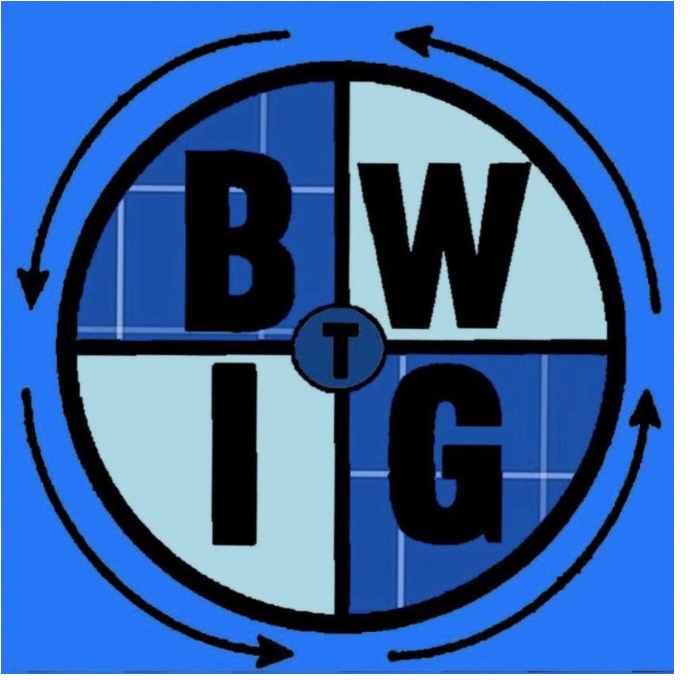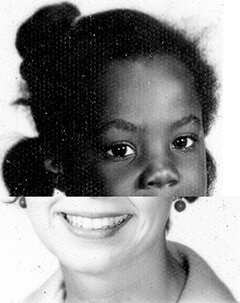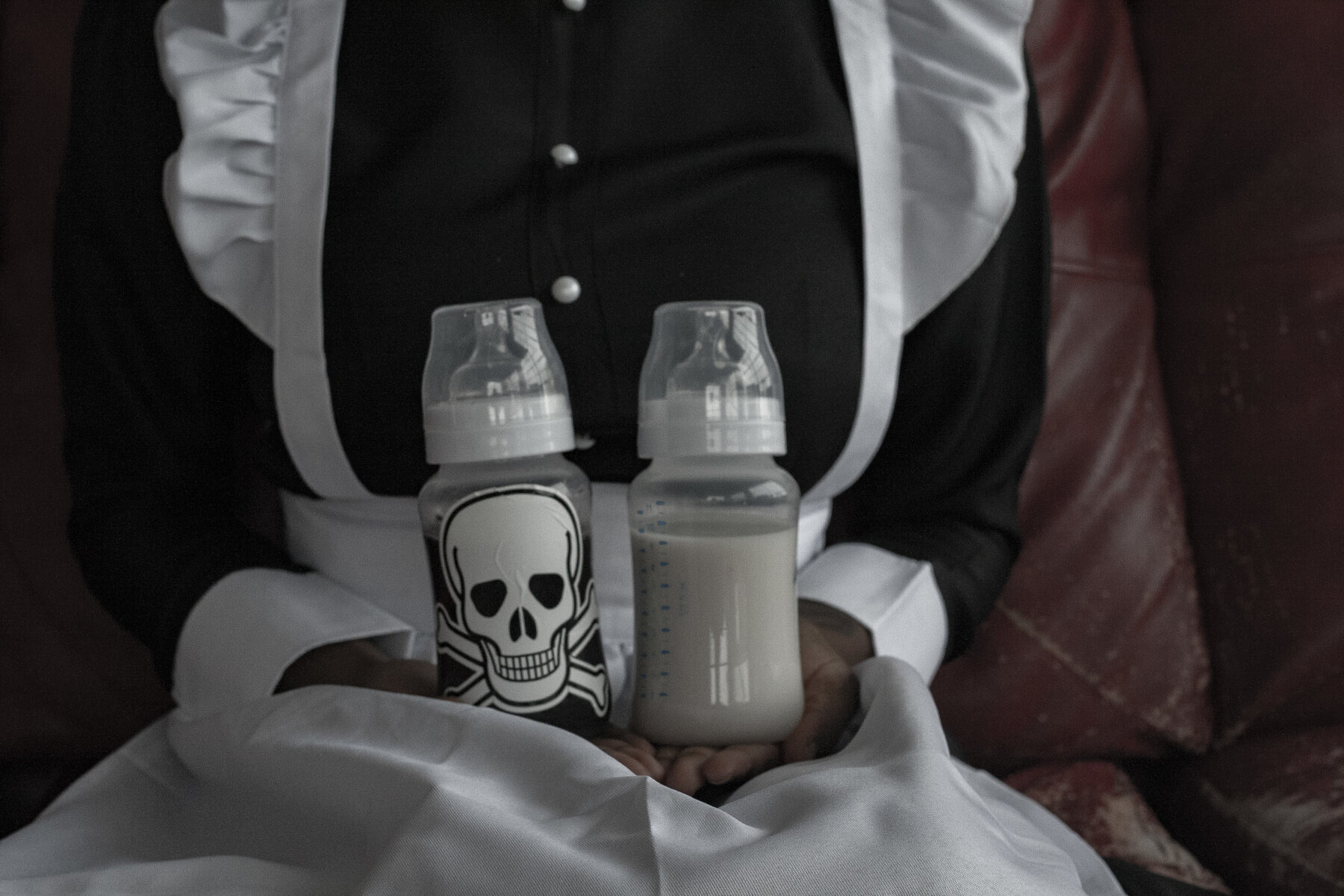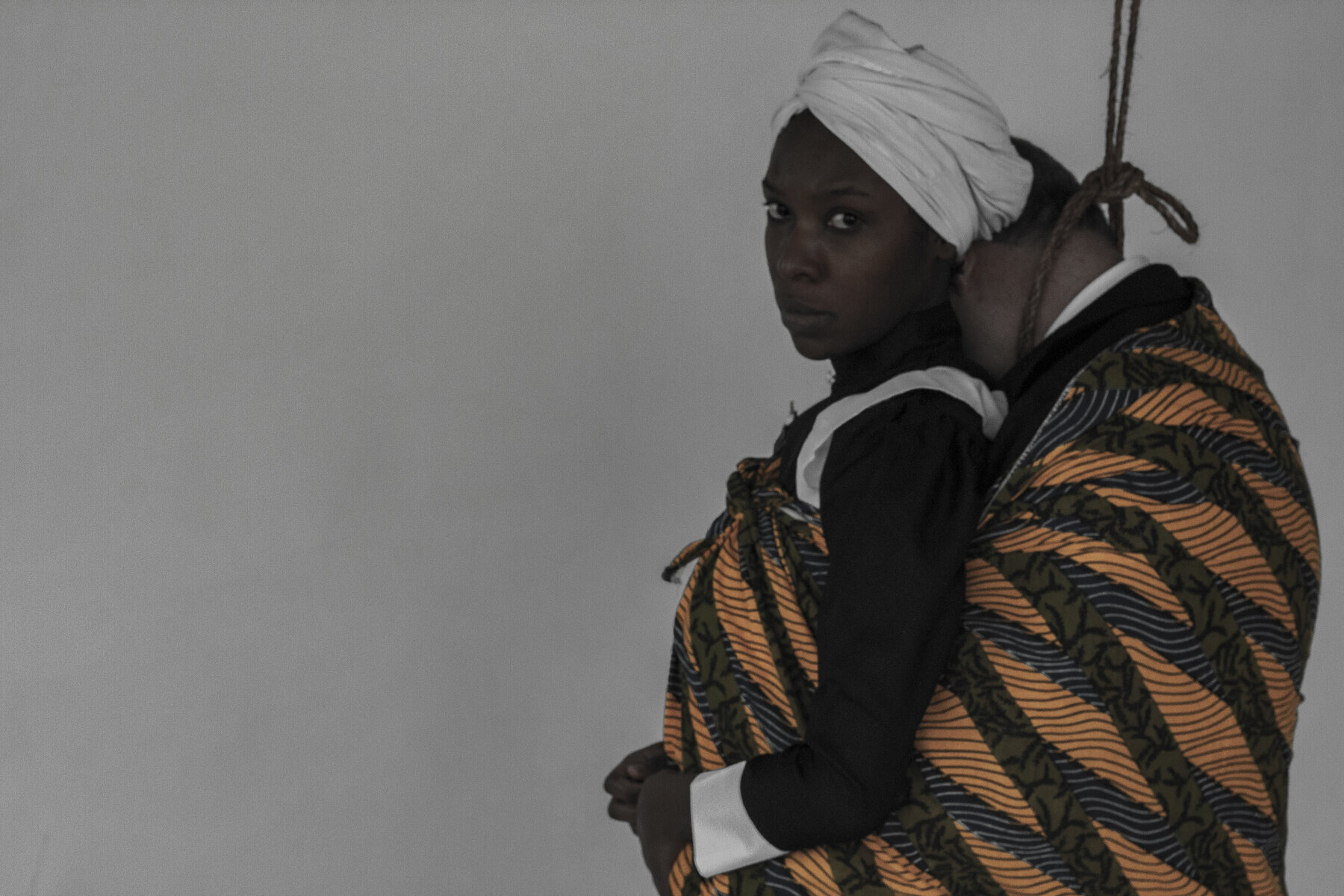Lemia Monét Bodden hails from the San Francisco Bay Area. She received her BFA, with honors, from New York University in Film Production in 2008. Her student short film, LOVE'S LOST, was selected and shown at the 60th Cannes International Film Festival - Short Film Corner. She went on to direct, write, produce, and edit a short film called GLANCE, in 2013, which was accepted into Auckland International Film Festival, Gallery TOKYO, and curated by IFC Center in NYC during May 2018. She is currently in post with her short film, BLIND, which was shot in Los Angeles this past fall 2019.
A photographer since she was 12 years old, Lemia has had her work in over 50 exhibitions, including The United Nations, Momenta Art, New York Photo Festival, DUMBO Arts Festival, MPLS Photo Center, Freies Museum Berlin, Vox Populi, Root Division, ACUD MACHT NEU Galerie, ARLES 2018, Altonaer Museum Hamburg, and Ferencvarosi Gallery in Budapest, Hungary. She will have another TBD solo show in Berlin coming up in late 2020.
MOUTHPIECE is a digital collage artwork that is influenced by how children of color are silenced, shamed, and villainized for who they are within mostly white institutions. By taking the 60s group class pictures from elementary schools and reconstructing them to show the juxtaposition of the power dynamic between teacher and student, these collages are a blatant expression of how, at early ages, white supremacy kills the individuality of black (and brown) children.





